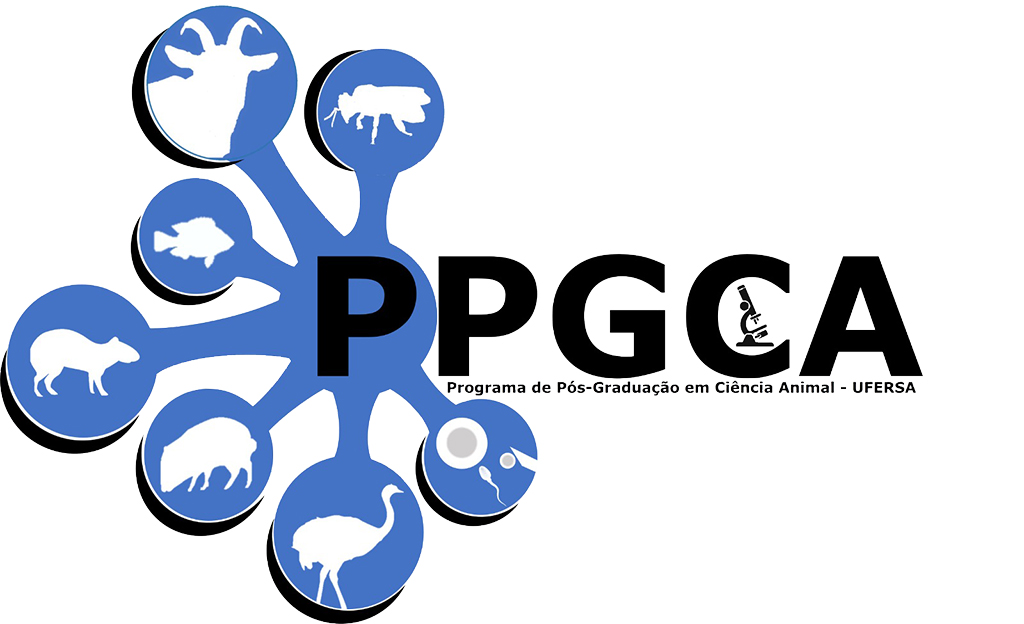The Graduate Program in Animal Science (PGCA), from Federal Rural University of Semi-arid (UFERSA), campus Mossoró, RN, was created at a master’s level in 2006 and at doctoral level in 2010 with the purpose of providing subsidies to clarify and solve problems found in the Semi-arid Region of Northeast, Brazil. That way, also qualify professionals for teaching at a higher level, aiming at supplying country’s demand for qualified professionals to the development of teaching and/or research activities. Nowadays, the program has a 5 (five) concept endorsed by the Coordination for Improvement of Higher Education Personnel (CAPES) in the assessment area in Veterinary Medicine and it is composed of a concentration area called Animal Health and Production.
The dissertations and theses developed are preferably directed towards research aimed at the development of the Northeastern Semi-arid Region, regarding to reproduction, biotechnology, production and animal health, as well as the conservation and environmental sustainability of this ecosystem. Within this approach, professionals graduated in the areas of agronomy, biotechnology, biological sciences, ecology, agricultural engineering, agro-industrial engineering, environmental engineering, fisheries engineering, pharmacy, physiotherapy, medicine, veterinary medicine, nutrition, chemistry, fishery resources, zootechnics, and other related areas, have found in this program the opportunity to qualify on a multidisciplinary basis, expanding their critical, investigative, technical, scientific, social and environmental thinking skills.
Over the years, the PPGCA has successfully achieved its objectives, being evidenced by the amount of human resources that this program forms with an innovative profile, allowing it to act in the sustainable development of the productive, biotechnological sector and dissemination of knowledge. In this context, several graduates have contributed to the development of the region through their insertion in public, private and agricultural inspection institutions, proving the lack of professionals qualified in this area.

